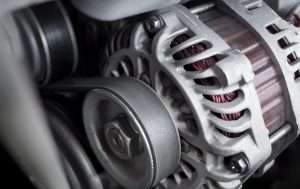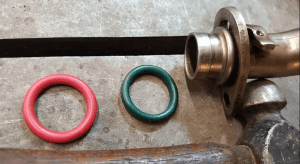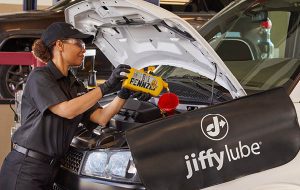What causes a car to accelerate on its own and how to fix them Jan 2023
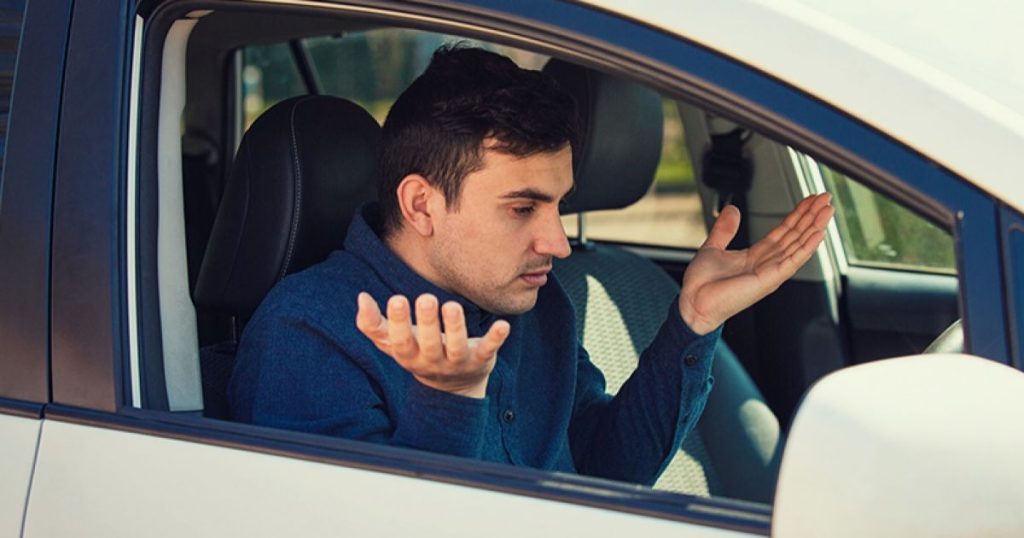
Did you ever notice that when you are driving your car suddenly accelerates on its own? This is very annoying and you will be searching for “what causes a car to accelerate on its own ?”. Well, there are many reasons for this but in most cases, it is because of the problem with the electrical system of the car.
It is very important for drivers to be careful about the electrical systems of their cars as they are very vulnerable to any kind of problem. The electrical system of the car consists of many parts and they work together to provide the basic functions of the car.
If the driver notices any kind of malfunction in the electrical system then he or she needs to check and fix it immediately. But if the driver is unaware of the problem then he or she will keep on driving and the problem will increase.
What causes a car to accelerate on its own
Here are the common problems that may lead to the car accelerating on its own:
1: Wiring problem
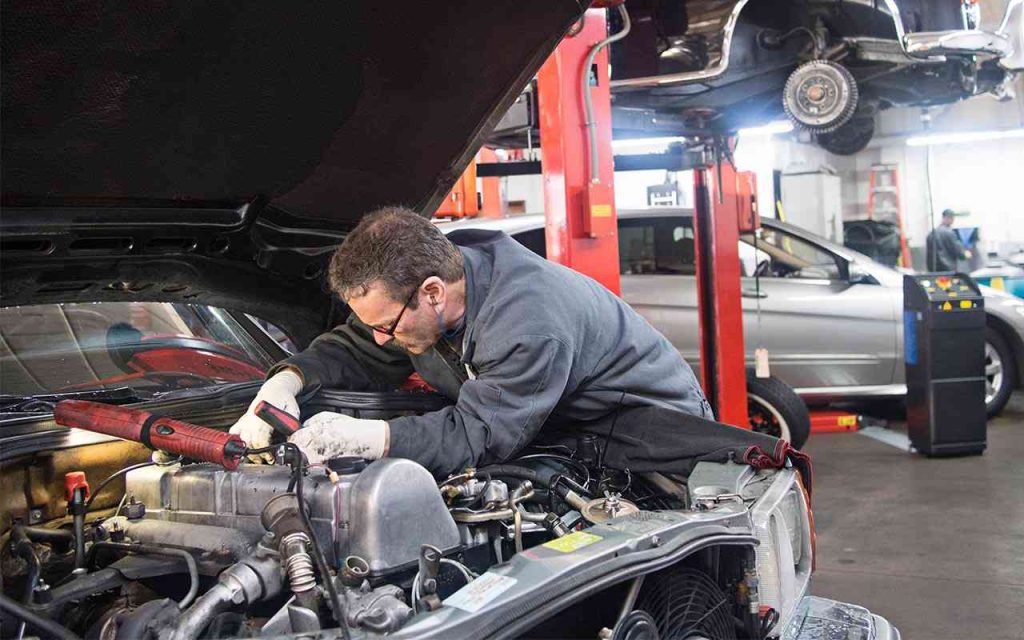
A wiring problem is one of the most common causes of why does my car accelerate by itself. The wiring system of a vehicle is made up of hundreds of wires and components that connect to the engine and other systems in the vehicle.
If the wiring system in the vehicle is damaged, it can cause the engine to overheat. When the engine overheats, it can cause the vehicle to accelerate without any input from the driver.
Here’s how it happens:
- When a wire becomes damaged, it can create a short circuit in the system. The short circuit interrupts the flow of power and causes the engine to overheat.
- When the engine overheats, it causes the temperature sensors in the engine to activate and send a signal to the ECU.
- The ECU receives the signal and begins to control the fuel mixture, ignition timing, and other functions.
The ECU controls the throttle and other parts of the engine. This causes the engine to begin to run faster.
2: Electrical fuse
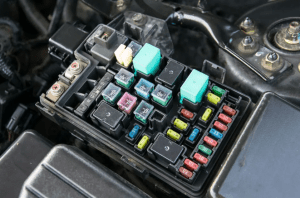
The primary function of an electrical fuse is to provide protection against excessive current flow. When the electrical fuse fails, the current continues to flow through the circuit, potentially causing a fire, damage to the vehicle, or a crash.
If you notice any strange noises or smells coming from your car, check the fuses in the dashboard fuse box. The fuses should be located behind the steering wheel and near the instrument panel. They may be the big reason why is my car accelerating by itself.
3: Alternator problem
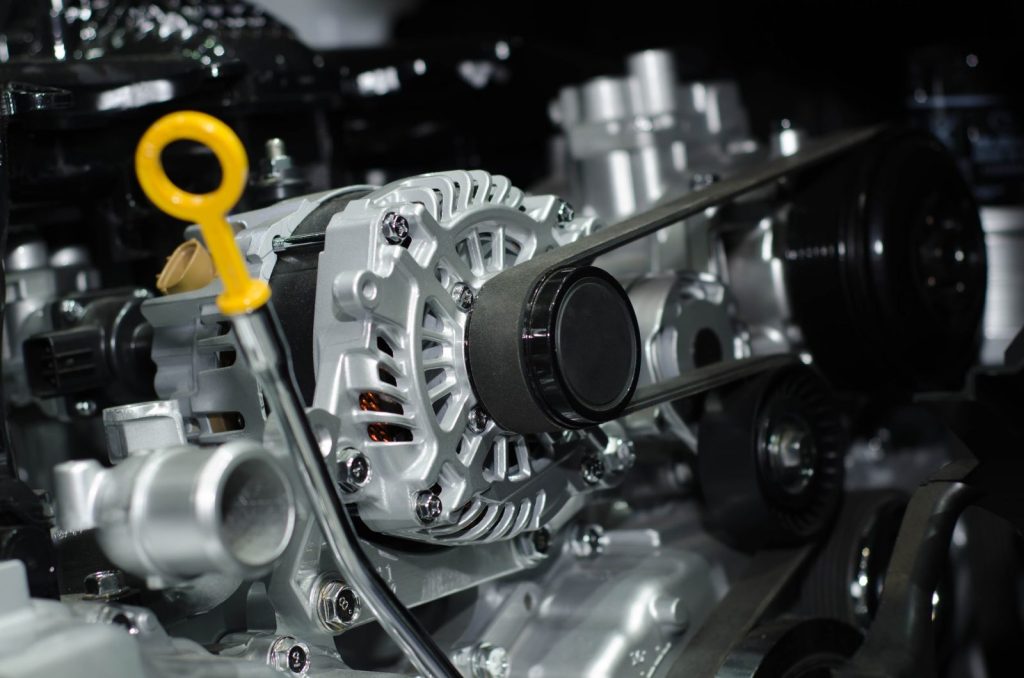
An alternator is a device that generates electricity to keep your car’s battery charged. The alternator is located inside the engine compartment and is attached to the crankshaft via a pulley. If the alternator is damaged, it can stop working and this is the exact answer to why does my car accelerate on its own. You can check alternator problems here.
4: Ignition problem
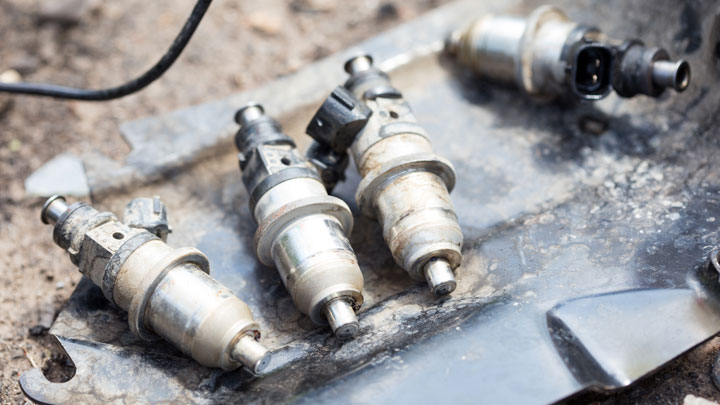
This issue is very common in old cars. But if you are driving a new car, then it may not happen to you.
When a car is turned on, the starter motor starts the car engine. Then, the ignition coil sends a signal to the distributor to turn on all the spark plugs in the engine. If the car has an ignition problem, the ignition coil won’t work. Therefore, the car engine will not start and you have a reason for why my car accelerate by itself.
5: Brake fluid problem
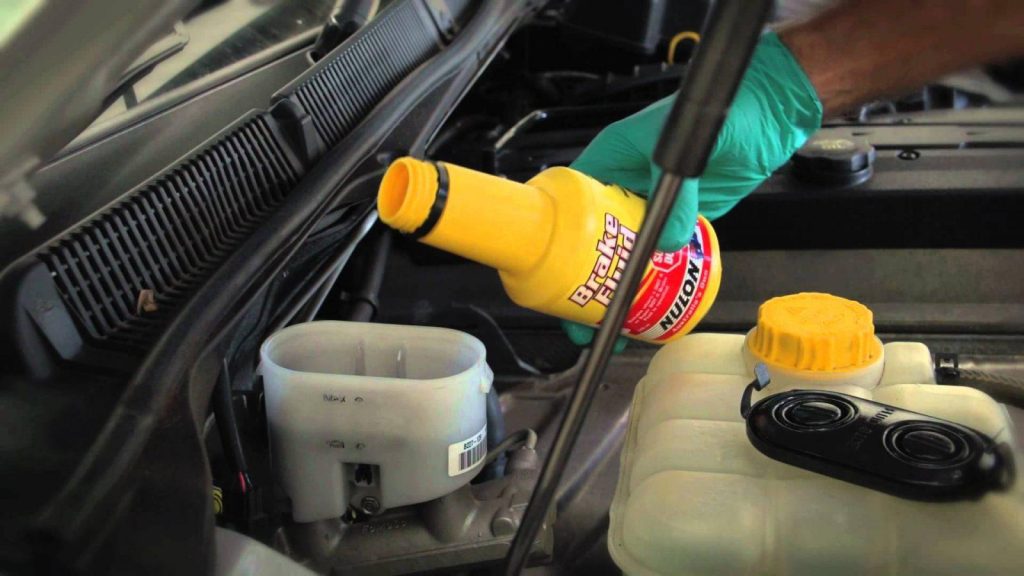
Brake fluid can cause a car accelerates on its own for several reasons. When your brake fluid gets low, the pressure in your master cylinder decreases. The master cylinder is responsible for converting the force of the brake pedal into a force that pushes against the wheel brakes. This creates a vacuum that pulls air into the master cylinder and can cause the car keeps accelerating on its own.
Brake fluid is located inside the master cylinder. To determine whether the problem is with the brake fluid or with the master cylinder, try the following steps:
- Turn off the ignition.
- Put the car in neutral.
- Press the brake pedal.
- Slowly release the brake pedal.
- Repeat the step 3 process until the car stops accelerating.
If my car is accelerating by itself after I release the brake pedal, it’s most likely a problem with the master cylinder.
6: Engine problem
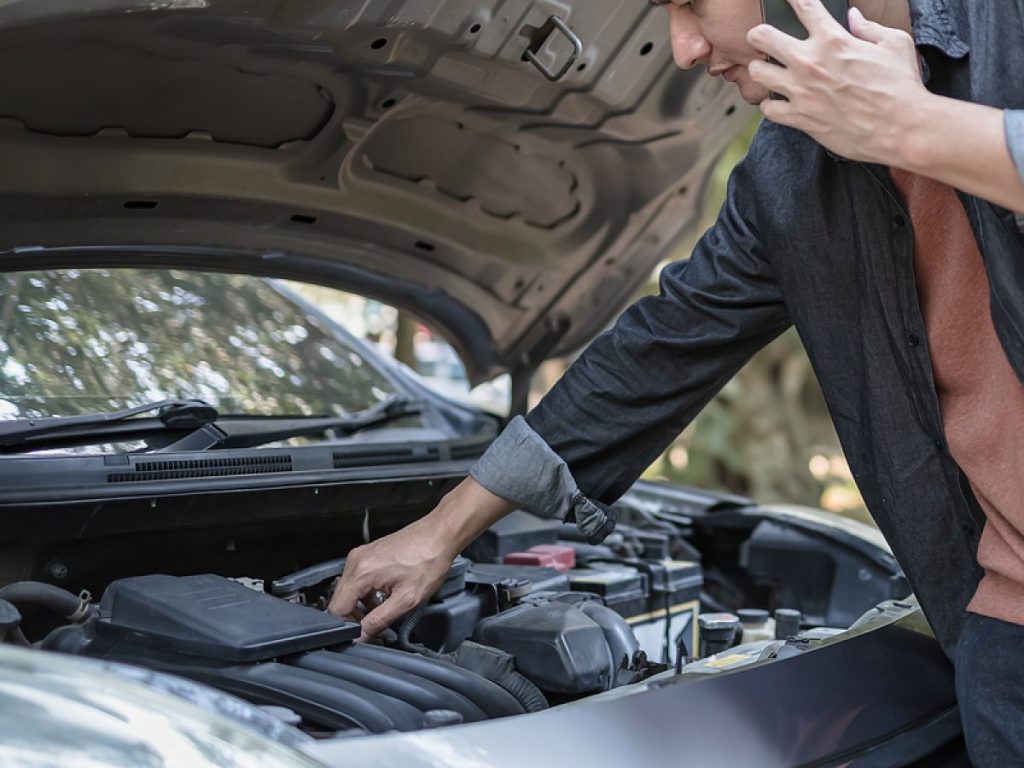
If you’re driving down the road, and you notice your car accelerating by itself, you might think your engine is broken. But, if you’re careful, you may discover that it is due to a mechanical problem.
This is a common issue with cars, especially older models. It usually means that there’s a problem with the transmission.
It’s important to note that this problem isn’t something you can fix yourself. You should take it to a mechanic right away.
7: Starter motor problem
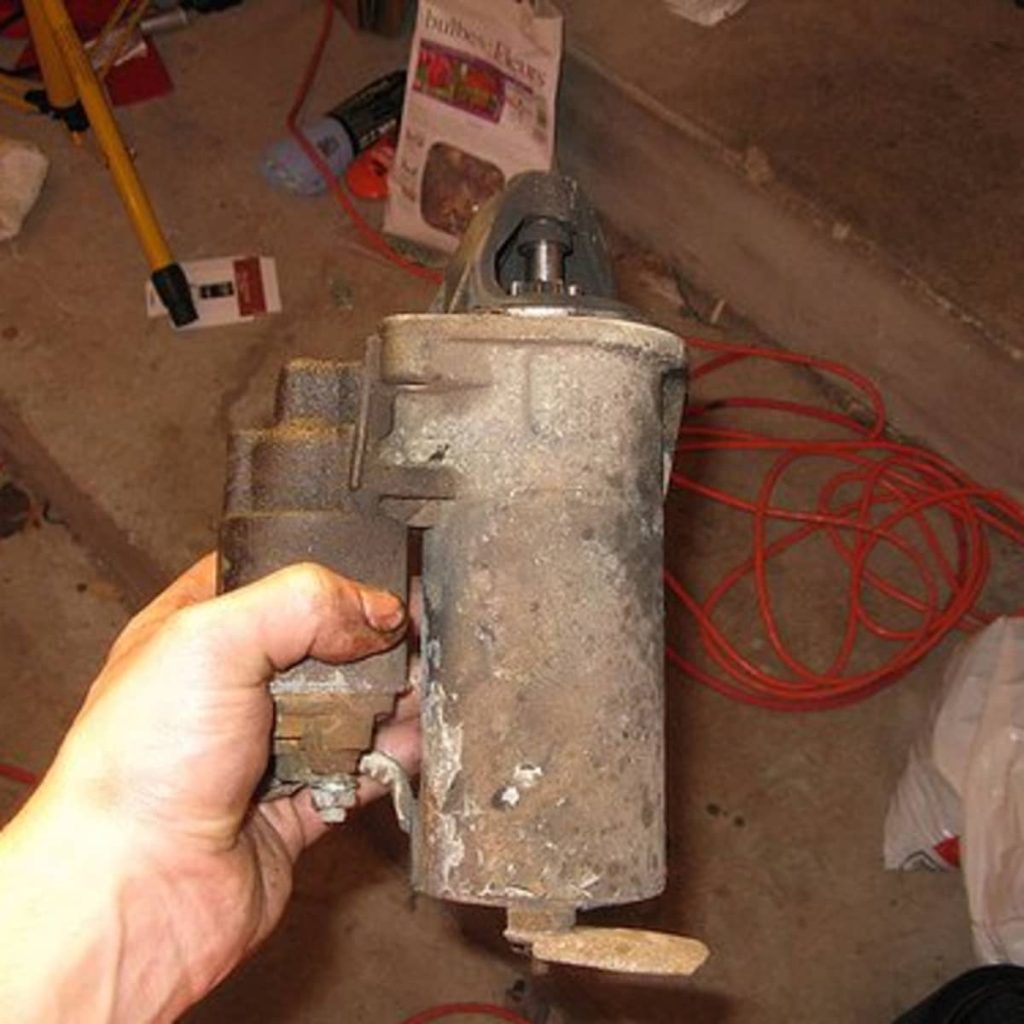
If you are searching for What causes a car to accelerate on its own? diagnose the starter motor. Starter motors are used to start the engine in your vehicle. They are usually connected to the battery and start the engine when the engine is turned off.
The starter motor may be faulty.
A faulty starter motor can cause a car to start up on its own. It might sound like your car has just started up and your engine is still in gear. The driver needs to quickly press the brake pedal to get the car to stop. Starter motors are not always easy to diagnose. If you have a faulty starter motor, you will need to replace it. If you’re not sure if your starter motor is faulty, it’s worth having a mechanic check it out.
The starter motor may have worn out.
It’s possible for your starter motor to wear out over time. The friction caused by the starter motor wearing out can cause a car to start up on its own. You should check your starter motor for signs of wear. If you’re not sure if your starter motor is worn out, it’s worth getting it checked out.
The starter motor may have been damaged.
You should check your starter motor for damage. It’s possible for the starter motor to get damaged due to a number of reasons. A damaged starter motor can cause a car to start up on its own.
8: Ignition timing
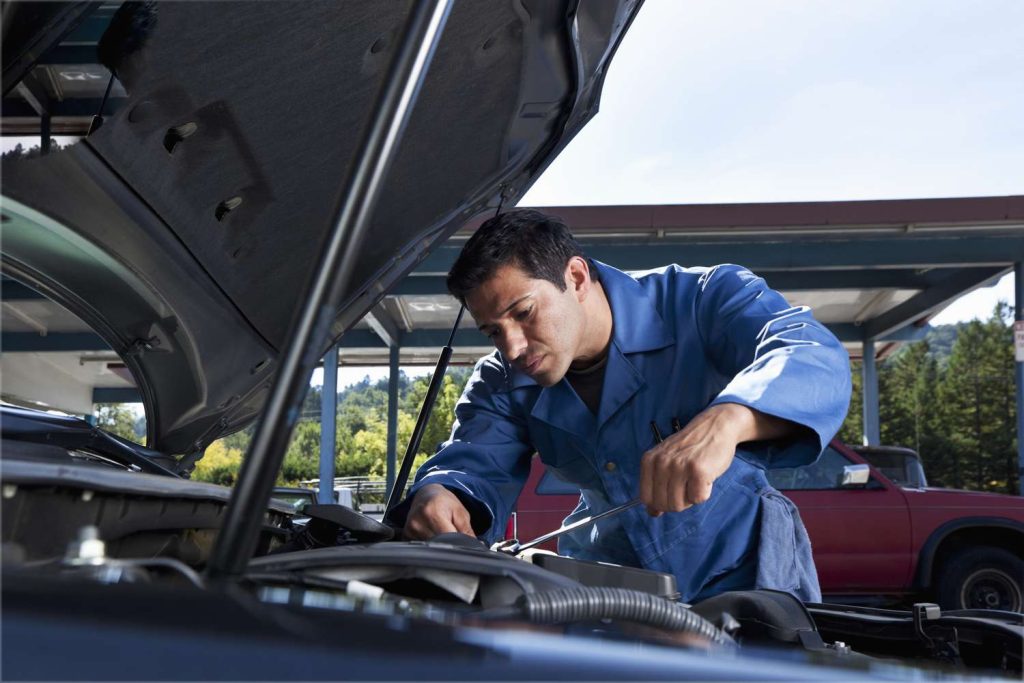
The most common causes of this are timing problems with the ignition system or spark plugs. If you have a vehicle with an electronic ignition system, there may be a problem with the coil or distributor cap. In the mechanical ignition system, there may be a problem with the spark plugs.
In both cases, you’ll need to have the spark plugs or ignition system checked out.
If you notice a problem with your engine or its performance, the first thing you should do is stop driving. Then, take your vehicle to your mechanic.
9: Your Car Is Out Of Gas
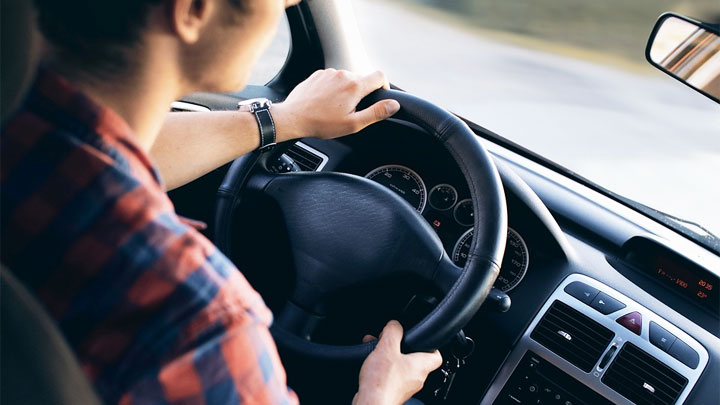
The out-of-gas effect is a great example of the importance of ensuring that you have enough fuel for your engine.
If you drive with low gas levels, your car will continue to accelerate until the gas tank is empty. If you drive with high gas levels, your car won’t start accelerating until the gas tank is almost full.
So, if you’re driving with low gas levels, you might want to pull over and refuel. If you’re driving with high gas levels, you might want to fill up before reaching your destination.
10: There Is a Loose Belt
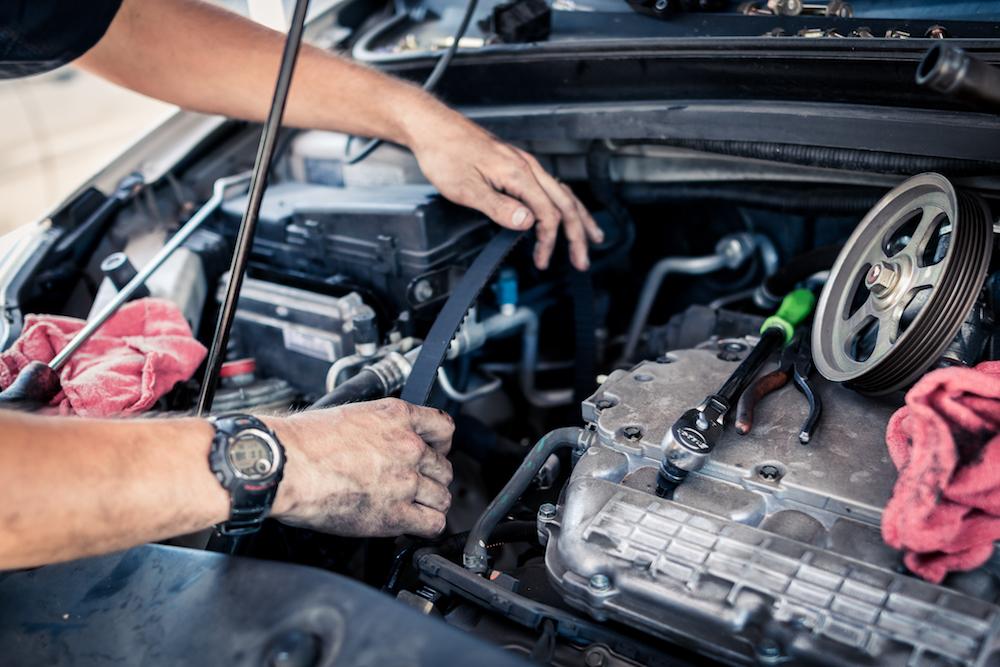
If you tighten the belt too much, you can cause the car to speed up. As you tighten the belt, the engine starts running faster and you think why is my car accelerating on its own.
In order to prevent the car from speeding up, loosen the belt just enough so that the engine is running at the same speed as when you started tightening the belt.
You may be wondering why the engine would be running at the same speed as when you tightened the belt.
The answer lies in the fact that the engine isn’t actually turning over. When you tighten the belt, you’re actually forcing the engine to turn over. Think of it like the difference between pushing the car forward and pulling the car forward.
When you push the car, the engine turns over and the car moves. When you pull the car, the engine turns over but the car doesn’t move. This is why tightening the belt can cause the engine to run faster. The tighter the belt, the harder the engine has to work to turn over.
Conclusion for what causes a car to accelerate on its own.
These are the common problems that can lead to what causes a car to accelerate on its own. So, if you notice any problem in your car then don’t ignore it as it can cause major damage to your car. If you are unable to fix the problem then contact the service center as soon as possible.


